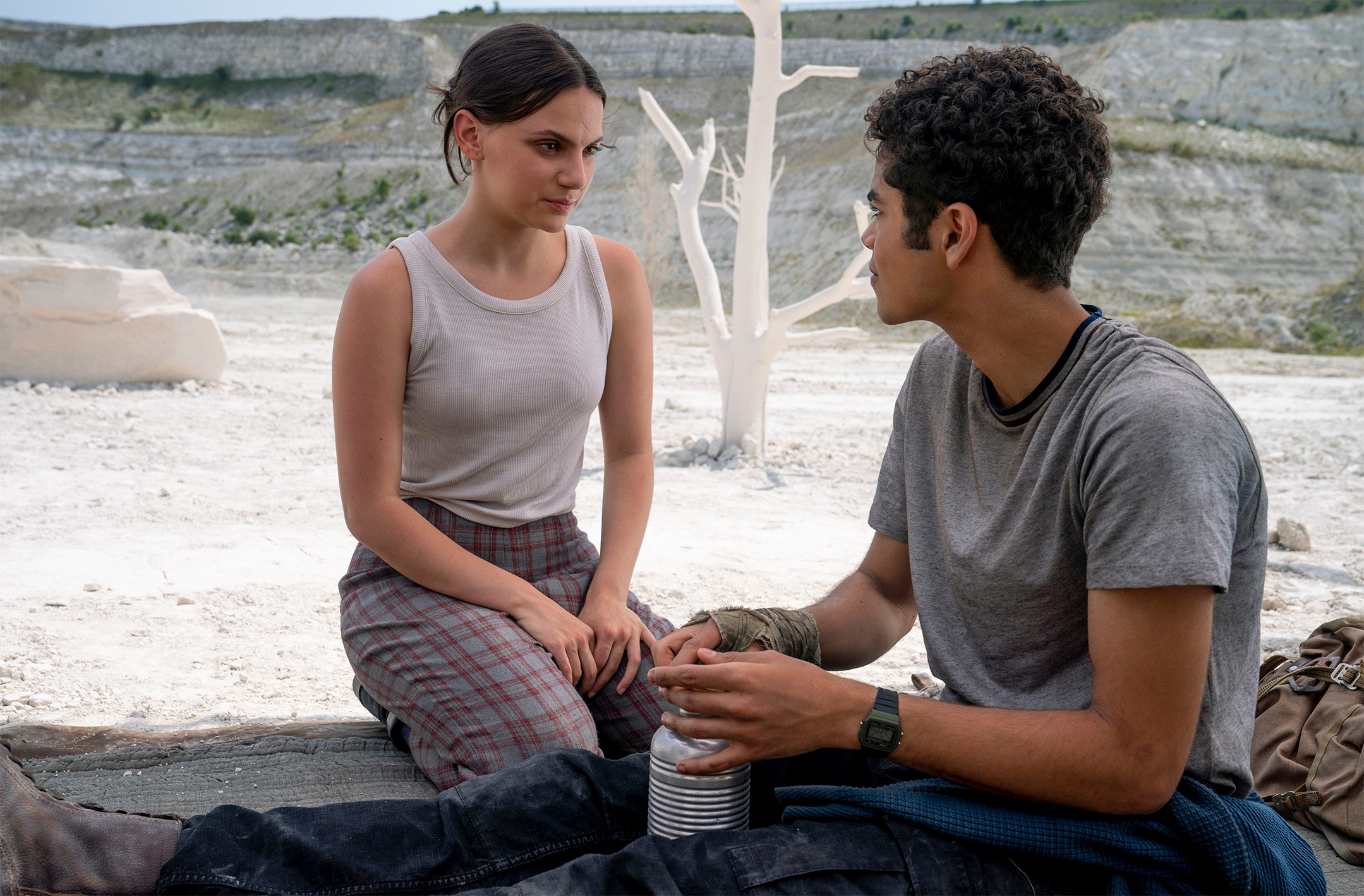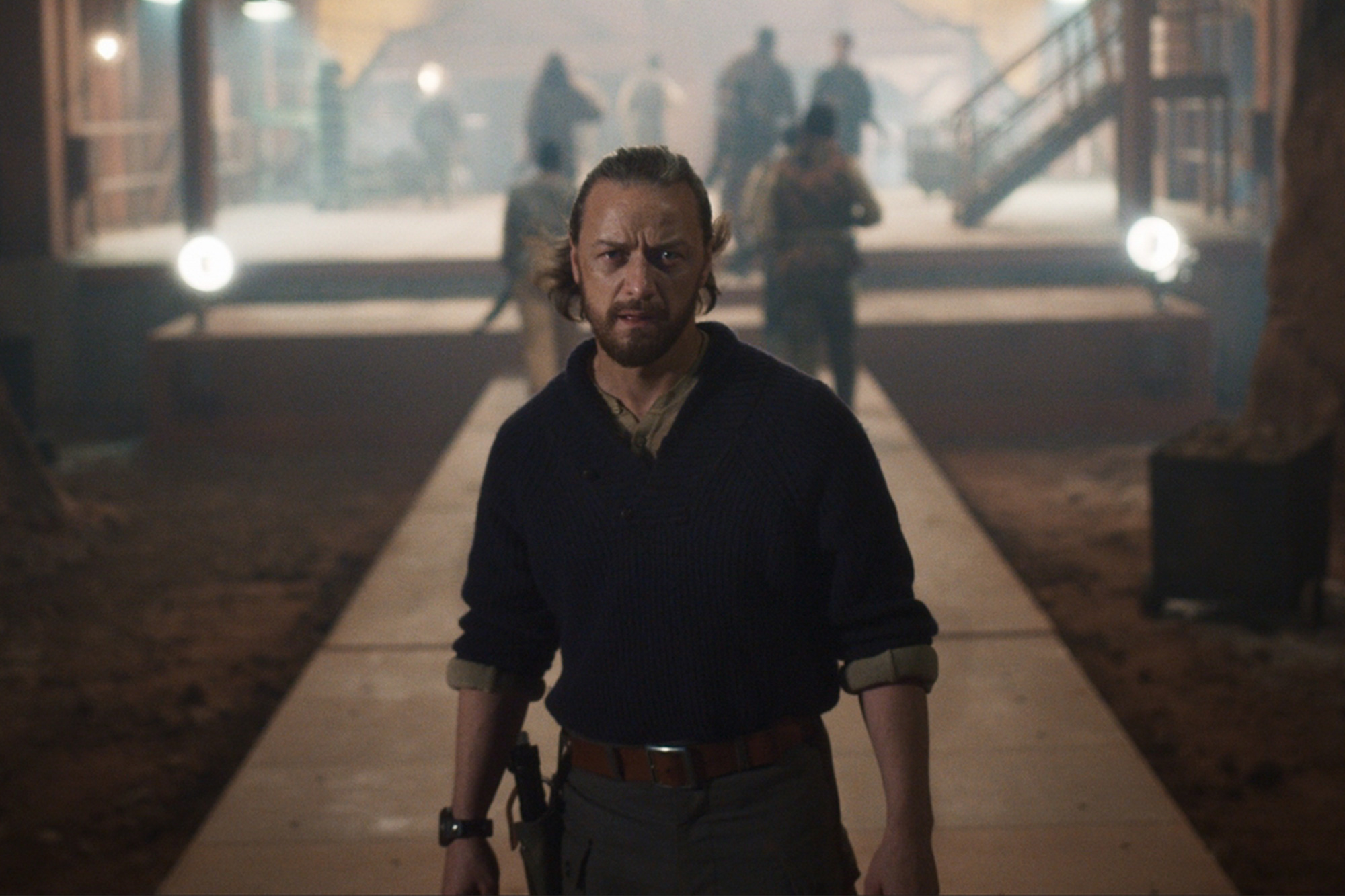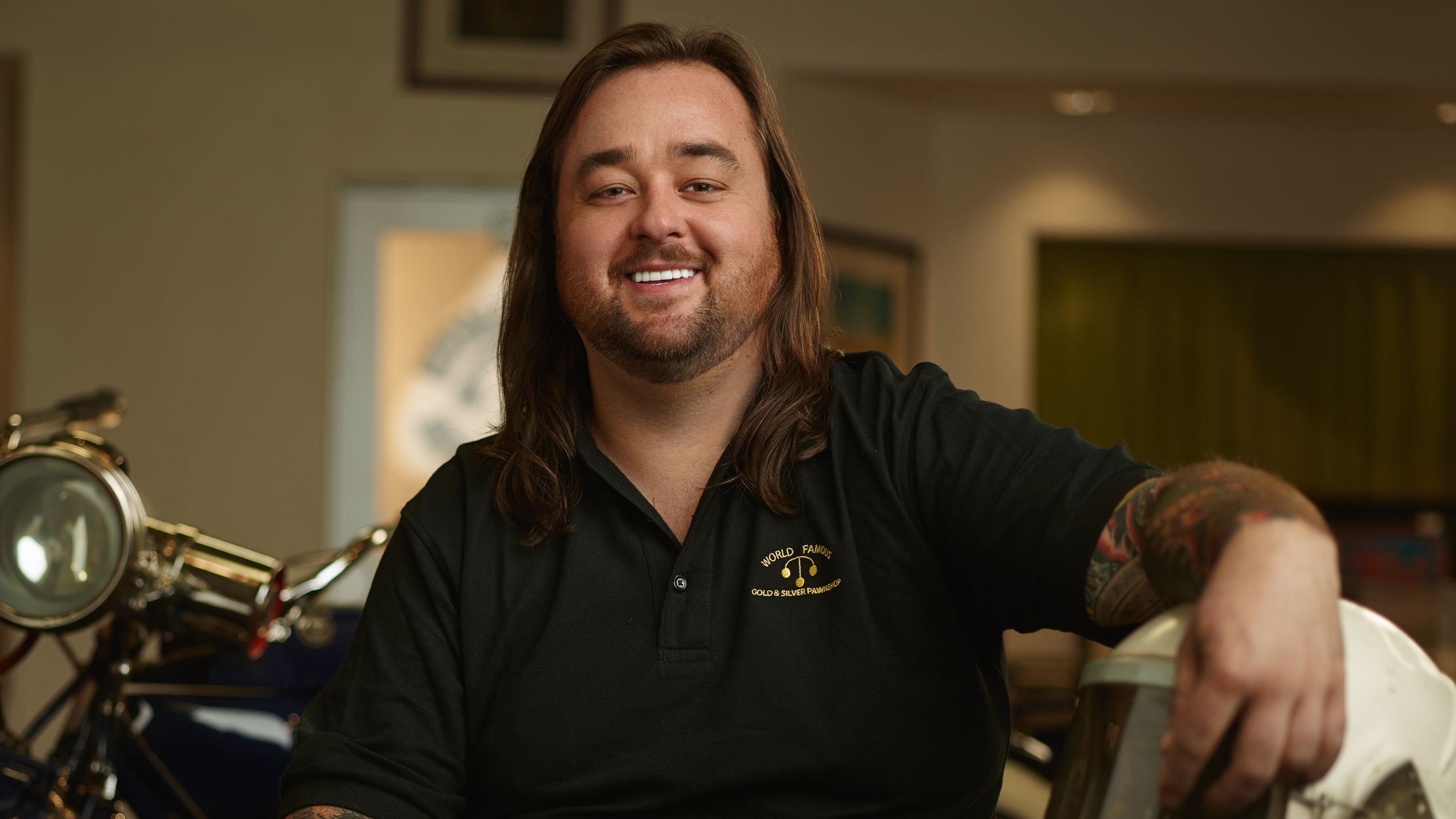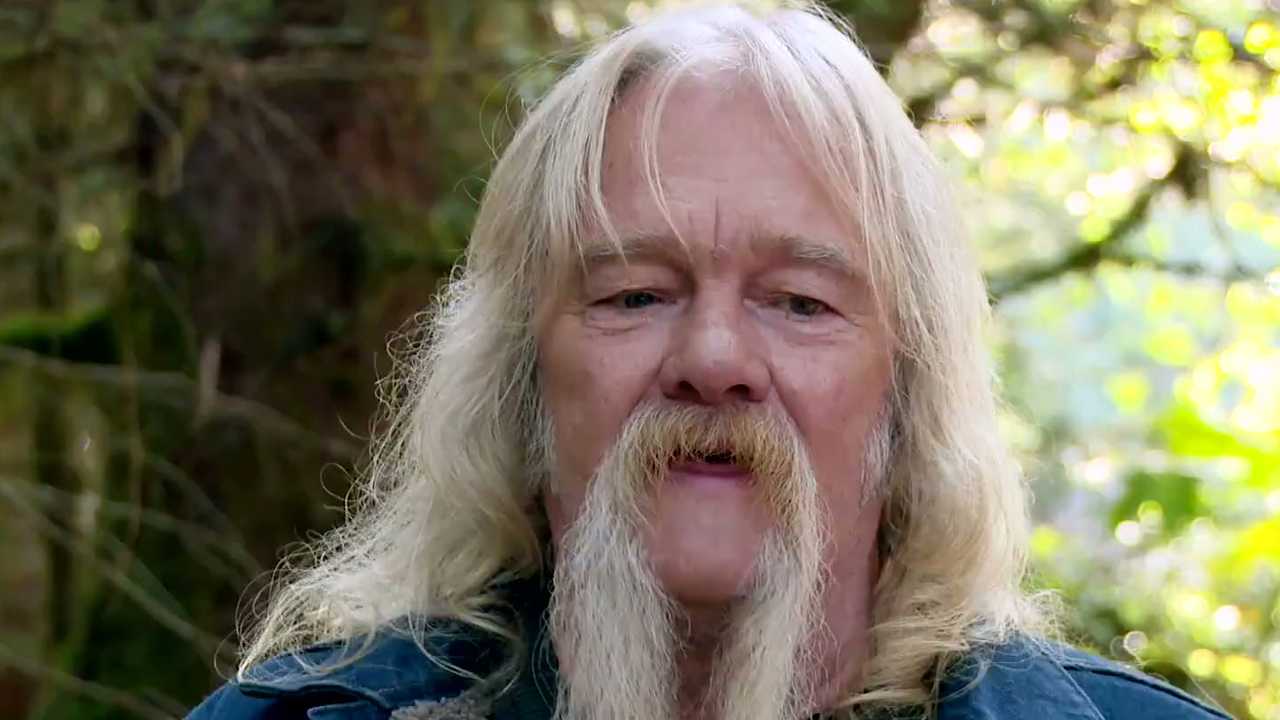If there was one trend in 2022 that persisted, it was the continued rise and popularity of television fantasy dramas. Every streaming platform now touts a major tentpole fantasy series. Amazon has The Lord of the Rings: The Rings of Power; HBO has its Game of Thrones prequel series, House of the Dragon; Netflix has The Witcher; and Apple TV+ has Foundation, all of which were adapted from existing content. Similarly, His Dark Materials, a co-production with BBC, premiered its final season on HBO in December. Yet, it arrived with more of a whisper than a bang.
His Dark Materials is based on Philip Pullman’s young adult series of the same name that was originally published more than 20 years ago. Most fantasy series are difficult to adapt, but His Dark Materials has seen several iterations and adaptations before, most notably the film adaptation The Golden Compass (2007) ,which saw immediate religious protests and outrage and was seemingly doomed to fail.
The series follows the adventures of Lyra Belacqua (Dafne Keen), a young orphan who lives with the scholars at Oxford until a mysterious beautiful woman, Mrs. Coulter (Ruth Wilson), adopts her and takes her on an adventure. This is where Lyra discovers she is part of a prophecy stating she is the second coming of Eve that could change her world — and many others — forever.
Lyra’s world is like ours but different, a sort of neofuturist 1950s. More importantly, people live with their souls outside their bodies in animal form called dæmons, and consciousness is a particle form known as Dust. Dust is of great concern to the Magisterium — Pullman’s version of the Catholic Church — and scholars alike. While scholars want to study and understand Dust, the Magisterium believes Dust to be connected to original sin.
The final season of His Dark Materials places Lyra and her companion Will (Amir Wilson) at the center of a metaphysical, celestial battle between humanity and angels over fate and free will. If these sound like heavy concepts for a series aimed at children and young adults, that’s because it is. While The Rings of Power and House of the Dragon utilize the fantasy genre to demonstrate the consequences and impacts of war on individual lives, His Dark Materials focuses its lens almost solely on organized religion, namely Catholicism.

Though His Dark Materials is far from the first fantasy series to critique religion — the works of Neil Gaiman come to mind — it’s notable for centering the battle around children and Lyra herself. To the Magisterium, Lyra as Eve means she is the incarnation of original sin and all evil. They will do anything to stop the Biblical Fall of Man from happening, even if that means killing Lyra.
His Dark Materials rewrites Eve’s narrative and reframes original sin as the exact opposite. Those opposing the Magisterium see Lyra and Eve as the mother of love and creativity. As she and Will fall in love in a way that is so pure, innocent, and childlike, it’s hard to see how any sin could be involved at all, even as the Magisterium hunts them to the ends of the earth.
While the series is heavily anchored in religious themes, it’s also very, very human. By the final episode, Lyra’s losses are innumerable, but they are also distinct in the ways they shape her: acts of self-sacrifice, tragic costs of war, and literal soul-splitting pain. Each of these moments is keenly felt and allows for a depth of exploration rarely seen on television as a whole, let alone in works aimed at young adults.
The most refreshing success of this season, however, is that it almost entirely abandons its world-building. As with many fantasy series, His Dark Materials spent a lot of its initial episodes explaining what was happening to its viewers and how its worlds worked, especially because it is a lesser-known property. By the third season, which has arguably the most complex raw material to work with, the series finally relishes in the confidence that viewers who have gotten this far are on board. There’s far less exposition, which allows everything to move at a faster pace.

The extra time also allows for the characters themselves to breathe, particularly Wilson’s Marisa Coulter. Throughout the entire run, Marisa has been the most fascinating character, brilliantly brought to life in all of her nuance and complexities. She’s beautiful and dangerous, cunning and sharp, full of love for her daughter, but terrified and ashamed of that love.
One of the most transfixing aspects of her character has been her relationship with her dæmon. Marisa’s golden monkey dæmon is notoriously silent, separate from her, and literally abused. Though the books never directly address their relationship, one of the best scenes of the series sees Marisa address her dæmon and acknowledge the self-harm she’s directed at him and herself as she seeks to better learn how to love Lyra. It’s worth tuning in for Wilson alone; every frame of her performance is a masterclass in acting.
What makes His Dark Materials so heartbreaking and powerful is the timelessness of its themes and messages. The odds and universe are stacked against Lyra, but her strength and determination carry her through. If there’s a winner in the battle of the heavens, it’s the human spirit, every last atom of it.
All episodes of His Dark Materials are now streaming on HBO Max.






Published: Jan 22, 2023 11:00 am